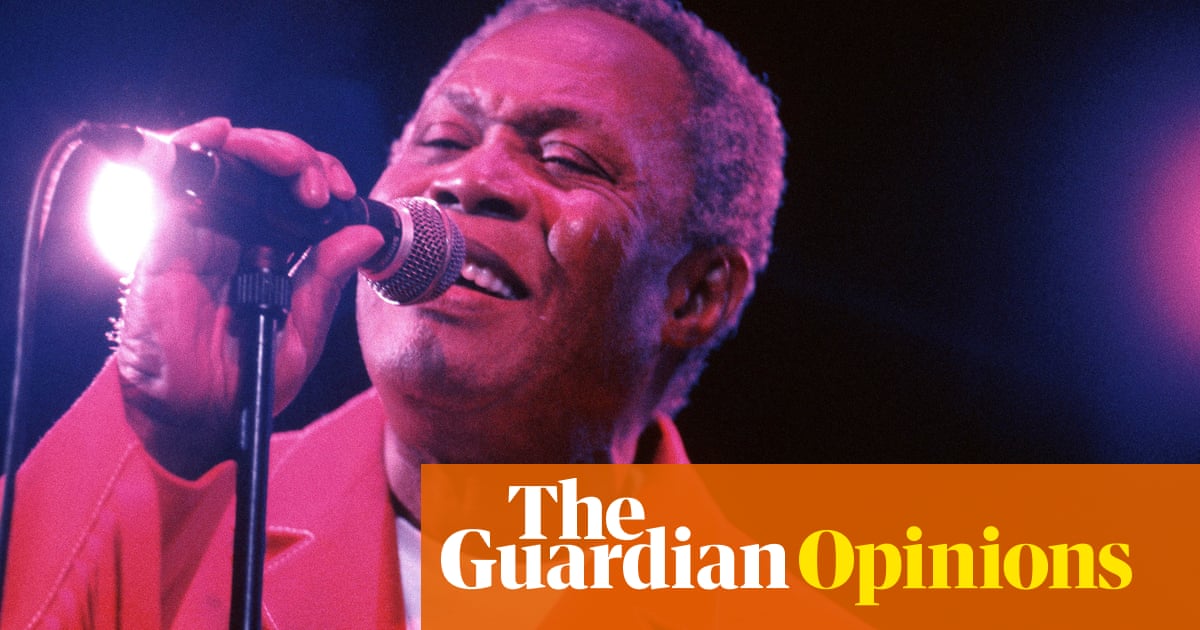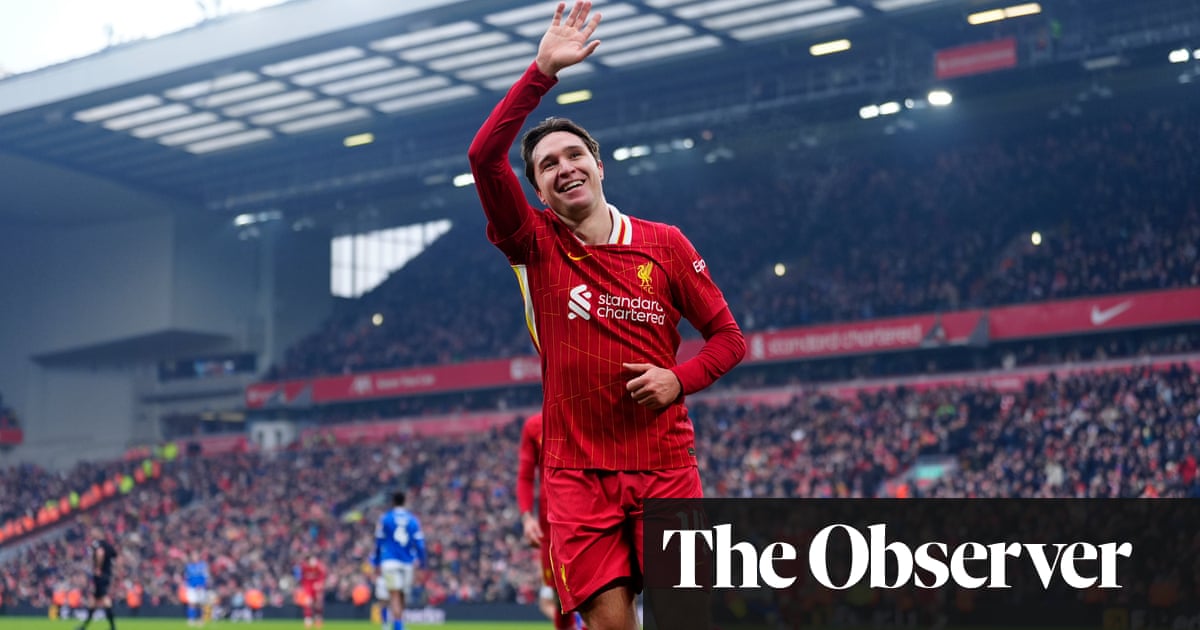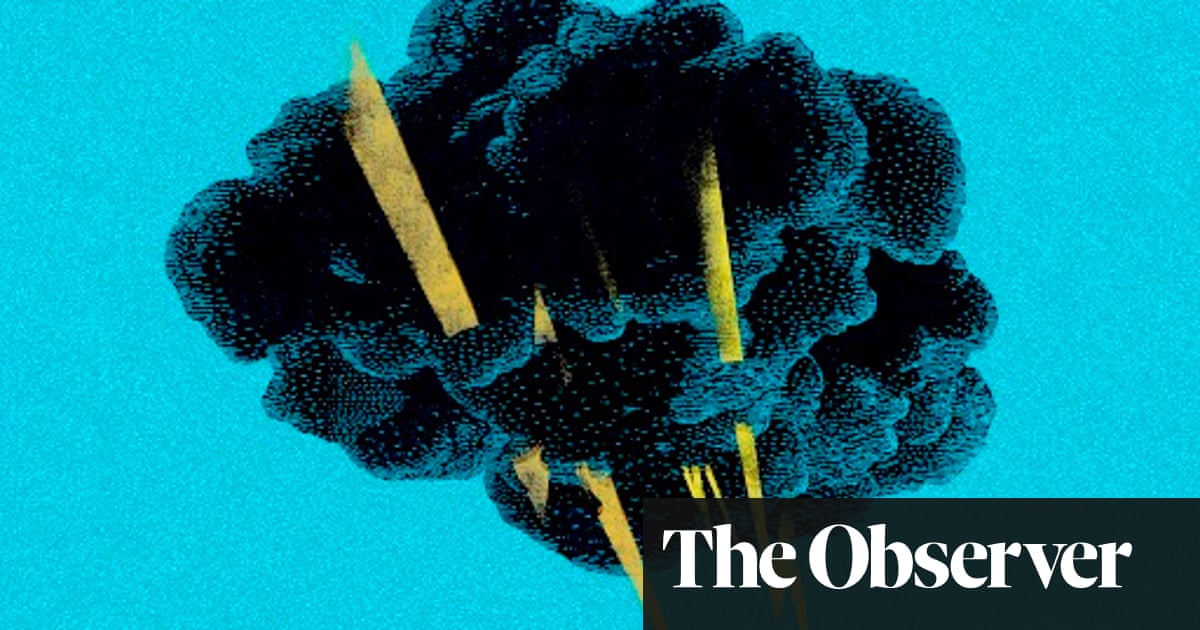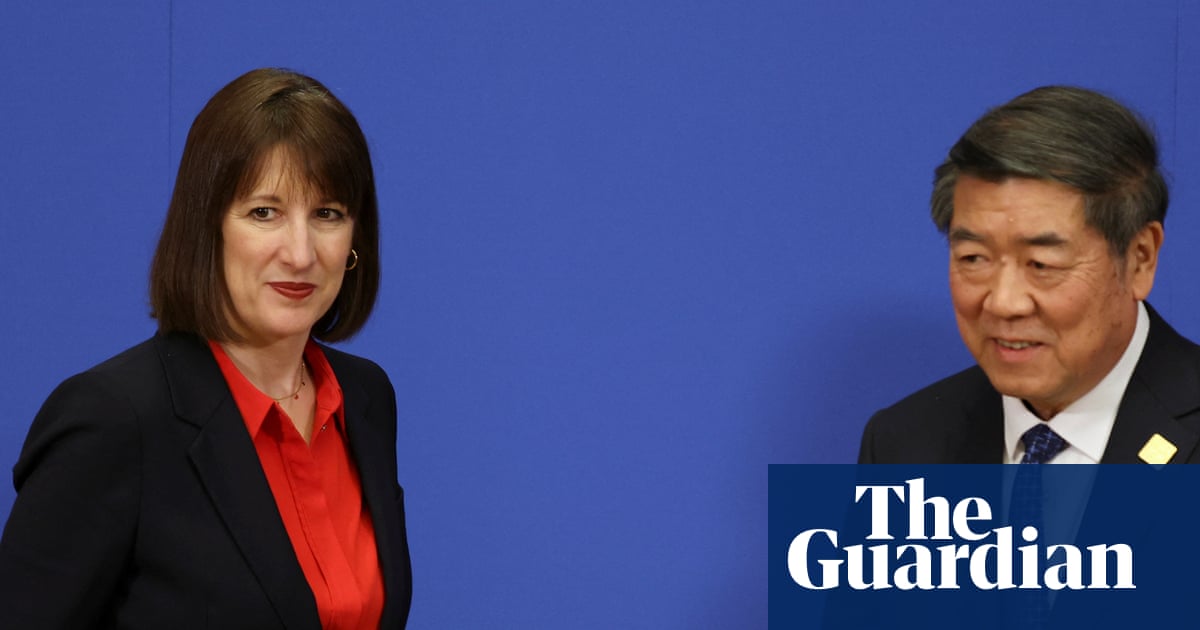It was normally Friday evening when he would ring. There was never a “hello, how are you?” or any pleasantry like that. He just dived straight in. “What you up to for Sunday?” he would ask, meaning he had a story for me. Normally the call would come from his car phone on the A1 while he was driving to his Hull constituency. He tended to travel alone, so business could be transacted in total secrecy.
Once – it must have been 1994, after John Smith had died and Tony Blair had become leader – I remember he suddenly broke off and roared some expletives mid-conversation which made me almost drop the phone. “What the hell was that about, I asked?” “Ohhh … Just some fucking moderniser overtaking on the inside lane,” he replied. “Bloody Mendelson [he would always deliberately mispronounce the name Mandelson, sometimes calling him Meddlesome] or someone.”
Much has been written in the past few days, since his death aged 86, about John Prescott having been the bridge between Old and New Labour in government, the essential part of a structure that would have otherwise struggled to hold together.
Plenty has also been said about his extraordinary political journey: how despite the bruiser image and lack of any social graces or syntax he established himself so firmly at the centre of power that he would end up as diplomat-cum-peace maker in the endless succession wars that raged between the uber-modernisers Blair and Gordon Brown in the early 2000s.
But the relationship was not always easy between Prescott and those he called “the beautiful people”, the New Labour set on the right of the party who had swept in, intent on dragging their party on to the centre ground and embracing market economics and social justice at one and the same time.
In fact, quite the reverse.
Largely absent from his obituaries and pieces about his political legacy over recent days has been mention of arguably the most pivotal and decisive period of his political career – between 1994 and 1995 – when he felt he was being marginalised and humiliated by the Blairites, left out and looked down on.
He was right. During this time the Blairs, Mandelsons, Browns and Campbells were trying to exclude him because they thought he was too rough, too much of the left, not one of them. They also did not see what he could offer. “Brown and Blair were trying to rub him out,” said someone in No 10 at the time. “But he wouldn’t have it.”
Using his political nous and contacts in Westminster, some of them journalists, Prescott would take the beautiful people on – and he would win hands down.
I first got to know Prescott when I was starting out on the Sunday Telegraph as transport and industry correspondent and he was doing the shadow transport brief under Neil Kinnock. It was the aftermath of Lockerbie, and several other transport disasters, such as the Zeebrugge ferry tragedy. Prescott was phenomenally hard-working, forensic on detail, and instinctive in the way he pressured government ministers at every weak spot. He was also tenacious in wanting to get stories into the press. One of his advisers in government recalled this about him the day after his death, saying to me: “I was 25 years younger than him, but every day I felt like I was running to keep up.”

It was when I moved into political reporting at Westminster for the Telegraph that my professional friendship with Prescott bore most fruit, for both of us. For Prescott it was convenient to have a good journalistic contact on a right-leaning paper. If he wanted to float something, or dare I say leak something, he would have plausible deniability. (“You think I would speak to the bloody Telegraph!!?” I could hear him say.) For me, he was perfect as an inside track to the Labour left and the tensions at the top of the party as it underwent enormous and often tumultuous change.
On a Friday night in September 1992 I got a call from him putting me on the scent of a story about his rival on the Labour soft left, Bryan Gould, who had lost out for the leadership to Smith. There was talk, he said, that Gould was going to suffer another humiliation and be kicked off the National Executive Committee three days later when the NEC election results were to be announced at the Labour conference. I should check it out, he said, as he couldn’t be sure. I asked other sources on the left and on the NEC who thought the same. We ran a story on the front page because Prescott did not tend to deal in duff information. On the Tuesday of the Blackpool conference it was confirmed. It was a big deal at the time. Gould was out.
after newsletter promotion
In late 1994 I remember another call telling me to “get on to this bloody Clintonisation business, quick” because Prescott was annoyed at the way the Blairites were trying to cosy up to Clinton Democrats at every turn and that the press were not on it. It was part of his feeling that the party was being taken in a direction he did not like, away from its roots.
Around the same time I started to be fed information by friends and allies of Prescott, mainly about his being systematically excluded by the Blairites from strategy and policy meetings, despite being the elected deputy leader.
Over a long Westminster lunch with a friend of Prescott in the summer of 1995 I was told to look into a secret meeting that had been held in the New Forest at the home of the party’s new advertising guru, Chris Powell, to which all the great and good of New Labour had been invited with one notable exception – the deputy leader, John Prescott. The friend, now also dead, said words to the effect of “I think it would be helpful to John if you got on to this.” He also said it would be right to say John was “furious”.
A few weeks later, and just before Labour’s 1995 party conference, I wrote about the meeting and all the participants, having nailed it all down. The gathering had happened close to the date that a memo had been written – also subsequently leaked – by one of Blair’s campaign advisers, Philip Gould, which suggested a bigger role for unelected advisers like Gould himself, and a lesser one for the unions. The memo had gone to everyone in the inner circle – but again Prescott had been left off the circulation list.
These were vital days, not just for Prescott but for New Labour. Soon after the Gould memo and news of the New Forest meeting were made public, Tony Blair sensed that trouble was brewing. Prescott was winning support, and outrage was growing that the tribune of the left, as the unions saw him, was being deliberately marginalised. Blair recognised the dangers and quickly and repeatedly reassured his deputy that he would have a prominent role in the party’s general election campaign, which he went on to have.
Prescott tightened his grip over areas of economic and employment policy and built up his alliances within the party structures so he was embedded into issues that mattered to the party faithful. From then on, it can be argued, he never really looked back. He had fought and won against the force of the moment, and put himself on the inside.
“He was an innate politician,” said one senior figure who worked with him in opposition and in government. “They pretty quickly realised it was better to have him inside the tent than out. John responded. He was pretty loyal from then on. He liked power. And he would from then on prove of huge value to them. It really is an incredible story.”

.png) 1 month ago
25
1 month ago
25













































